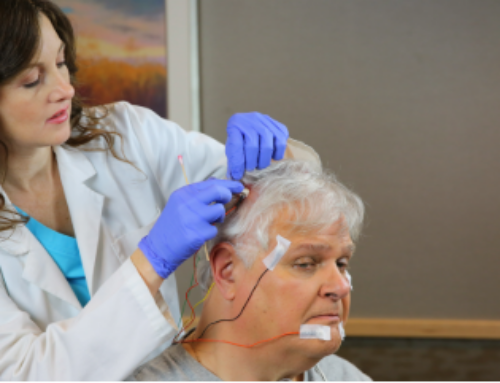In February the Sleep Education Blog reported on the use of bariatric surgery to treat obstructive sleep apnea. A small study found that surgery did provide some benefits; but it wasn’t a cure for OSA.
Now a new study takes a broader look at the evidence. The systematic review analyzed 12 studies involving 342 people.
Bariatric surgery did reduce the severity of obesity; the average body mass index (BMI) dropped from 55 kg/m2 to 38 kg/m2. A BMI of 30 or higher is considered “obese.”
Surgery also reduced the severity of sleep apnea; but it didn’t cure the problem.
The average apnea-hypopnea index (AHI) dropped from 55 breathing pauses per hour to 16 per hour. An AHI of 15 to 30 is considered “moderate” sleep apnea; an AHI of more than 30 is considered “severe” OSA.
The AASM recommends bariatric surgery as an optional treatment for severe obesity and sleep apnea. But it should only be used along with a first-line treatment such as CPAP therapy.
Contact an AASM–accredited sleep center to discuss all treatment options for OSA.





